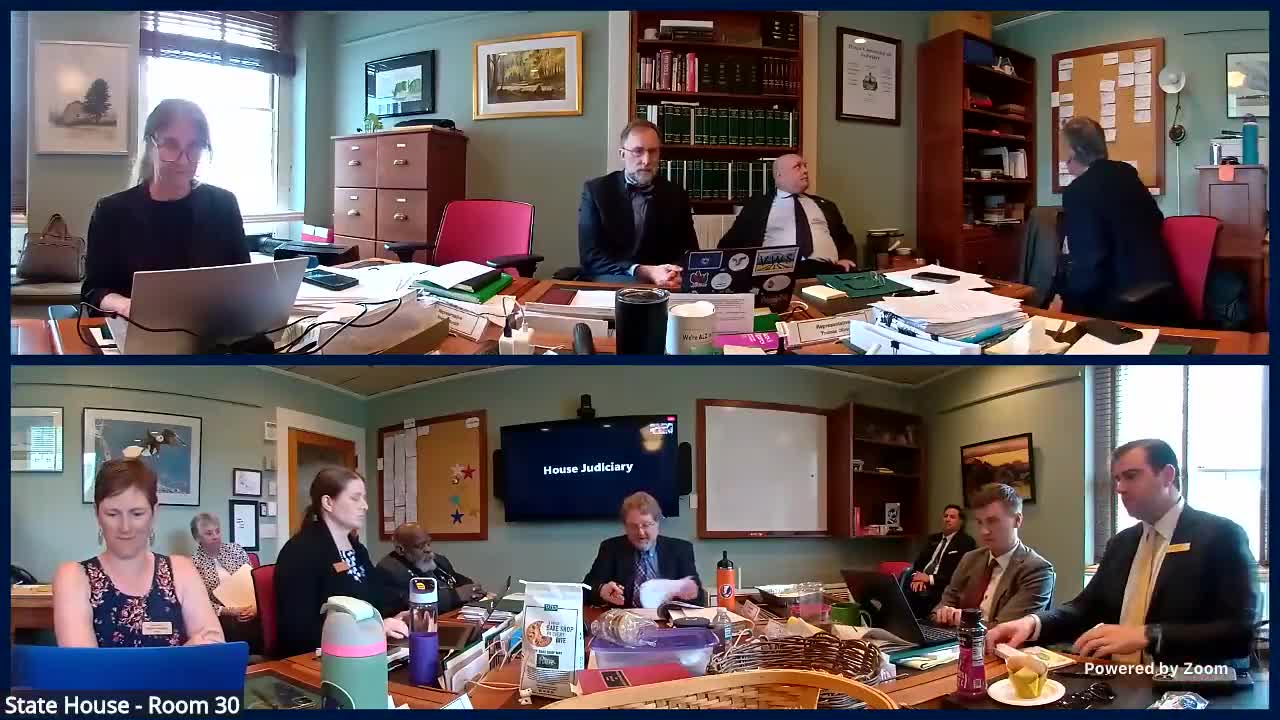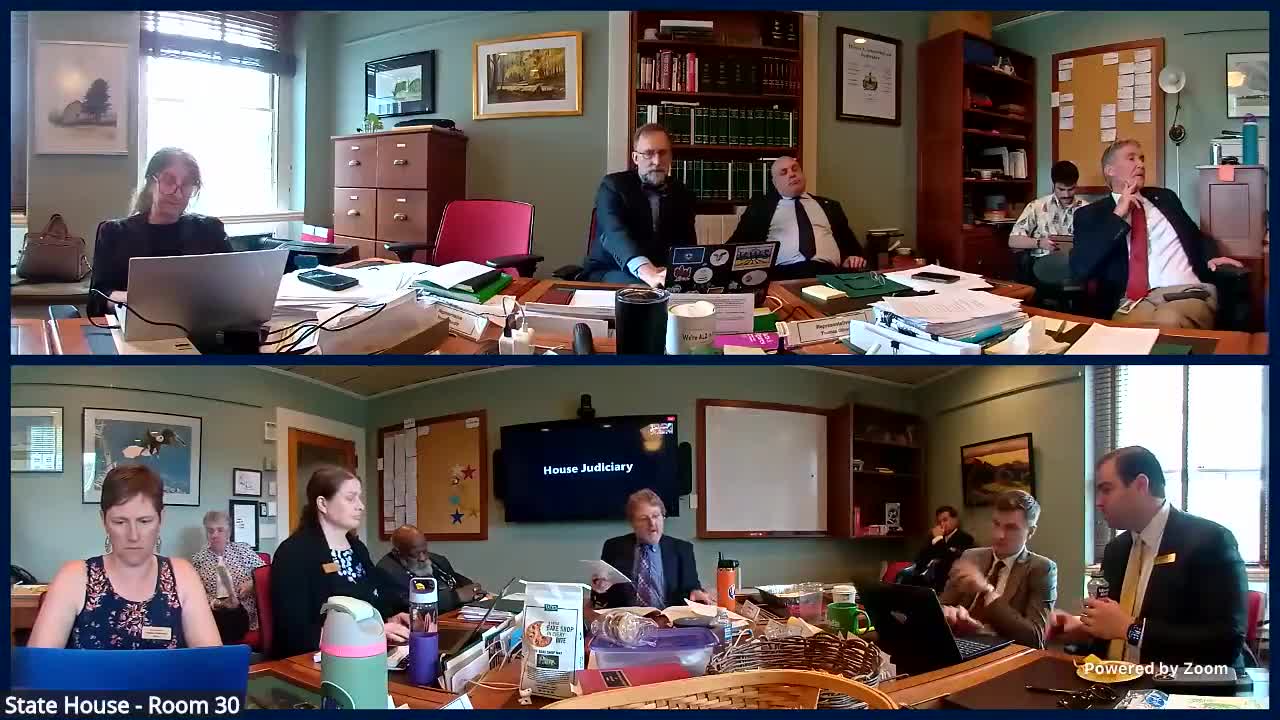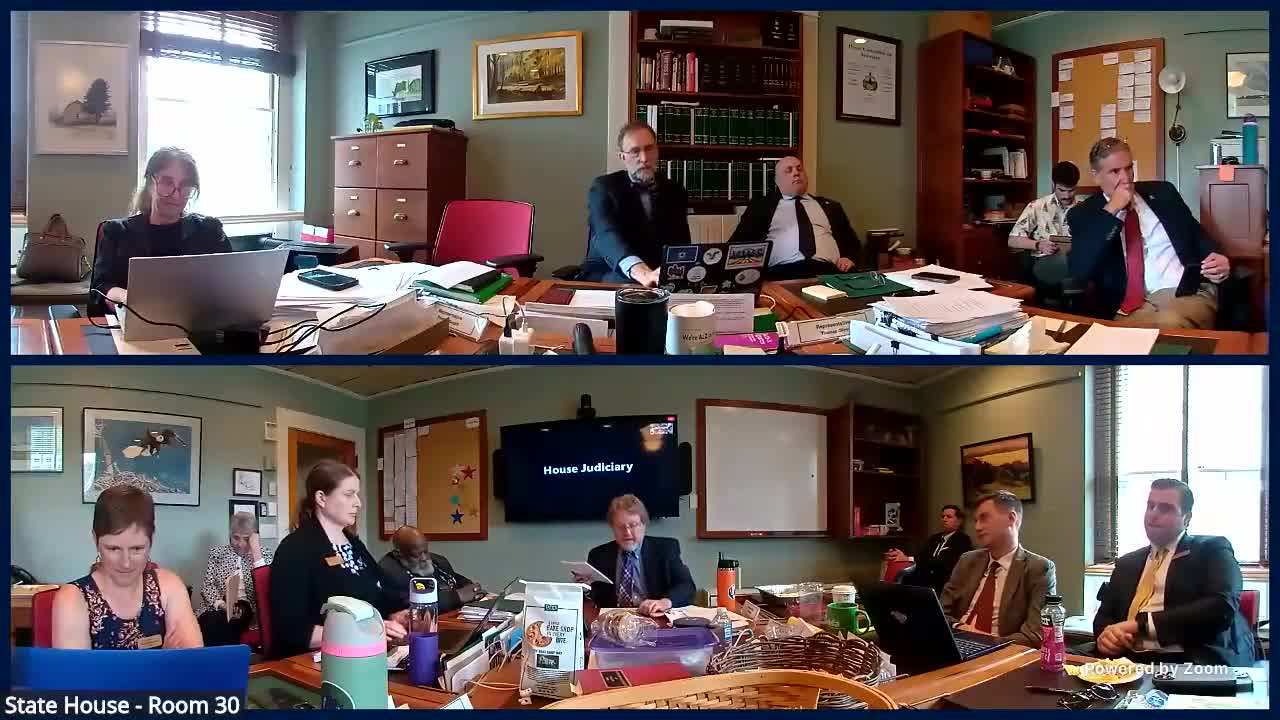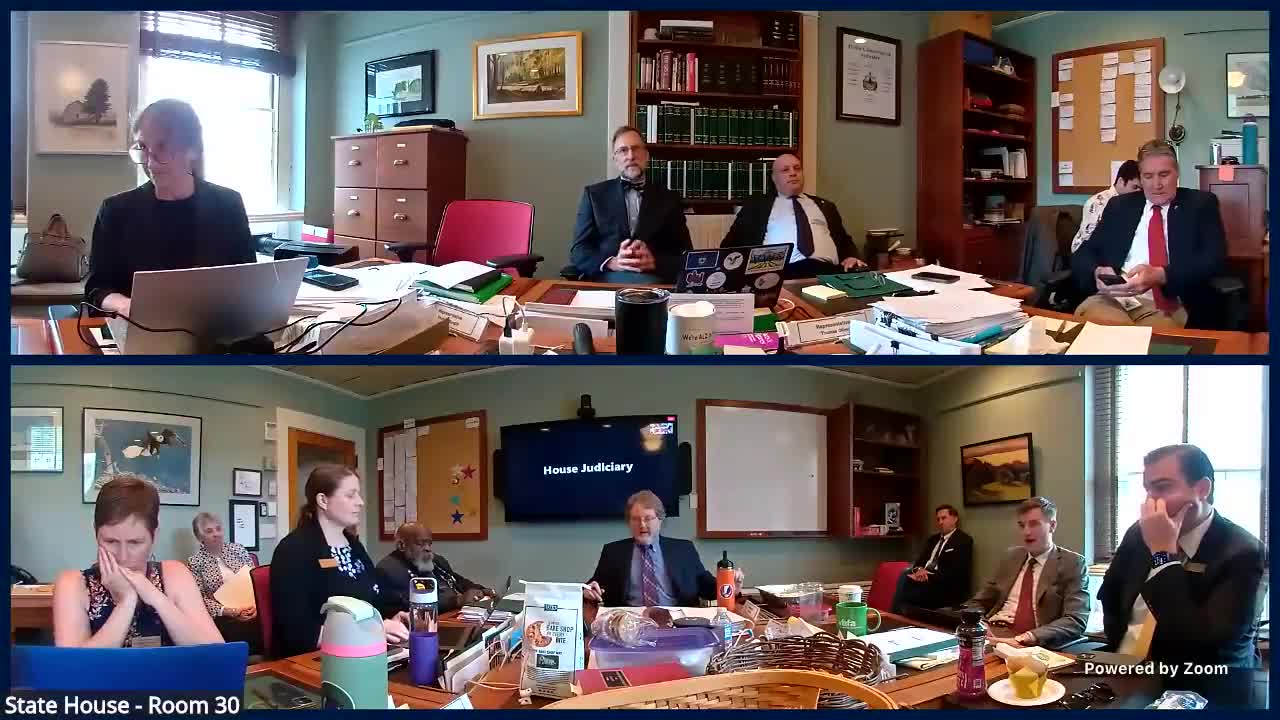Article not found
This article is no longer available. But don't worry—we've gathered other articles that discuss the same topic.

Senate restores two members to firearm-surrender working group and trims several study requirements from S.109

S.109 keeps committee'backed cut in community-service hours for second DUI and removes sunset

Senate amendment drops child-and-parent legal-representation task force from S.109 after committee debate

